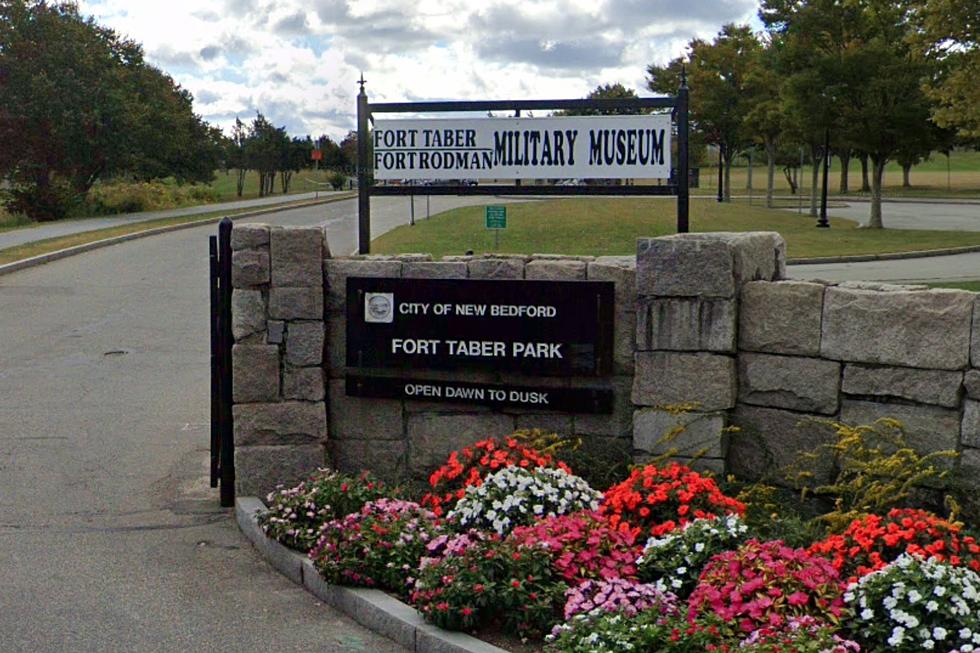
New Bedford City Council Sets Lower Tax Rates for 2021
NEW BEDFORD - The New Bedford City Council on Wednesday approved a lower tax rate for residential and commercial property owners in the 2021 fiscal year.
But with residential property values increasing by more than five percent on average, homeowners in New Bedford may still end up paying a little more in property taxes this coming year.
“Our job is to report the (real estate) market,” Michael Motta, the administrative assistant to the Board of Assessors, said during the City Council’s tax classification meeting, which was held virtually Wednesday evening.
Saying that they were looking to minimize the tax burden on New Bedford residents, city councilors voted 10-1 to approve a residential tax rate of $15.59 and a commercial rate of $32.76 per $1,000 valuation.
The tax rates for both categories are lower from the 2020 fiscal year, which the City Council set last December at $16.16 per $1,000 valuation for residential properties and the commercial rate at $33.59. Those figures were also lower than the prior year’s tax rates.
Motta said the Assessor’s Office conducted a full evaluation of city properties for the 2021 fiscal year, adding that New Bedford has a projected tax value of $134,249,091 million. The assessments are based on real estate sales between July 1, 2018 and June 30, 2020.
Mott also told the City Council that single-family home values in New Bedford increased by 5.2 percent, with the values of multi-family homes increasing between 4.6 percent and 5.6 percent. Commercial property values increased on average by 2.6 percent.
City Councilors Ian Abreu, Linda Morad and Brian Gomes proposed similar residential tax factors - the share of the city’s tax levy that homeowners are asked to pay for - that they said were aimed to keep taxes low on residents while not over-burdening business owners.
“This is just a tough year for everyone,” said Morad, who noted that unemployment has increased and some city businesses have closed in the past year because of the novel coronavirus pandemic.
“We're doing our best to balance this between residents and business owners,” Morad said. “We need the business owners to be in business for the city to be a vibrant place for us to live and work.”
The council ended up approving Abreu’s residential tax factor. Every councilor voted in favor except Gomes, who had proposed a tax factor that would have resulted in a residential property tax rate of $15.50 per $1,000 valuation.

More From WBSM-AM/AM 1420









